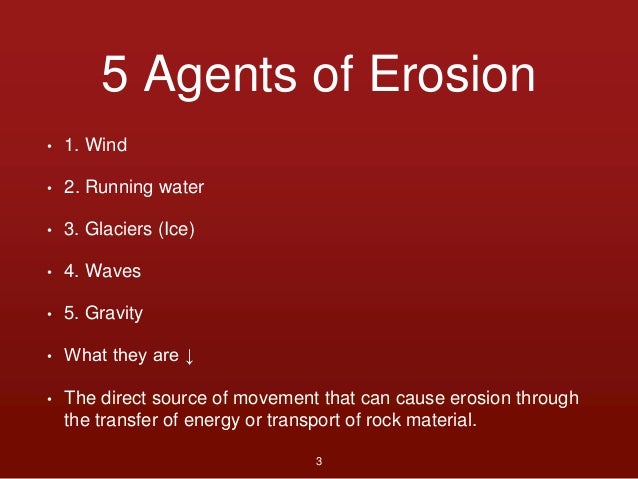Do unicellular organisms develop
Do Unicellular Organisms Develop. 1)the multicellular organisms grow through cell division. Unicellular organisms can�t do that. Development can be seen even among the unicellular organisms. Do unicellular organisms grow or develop?
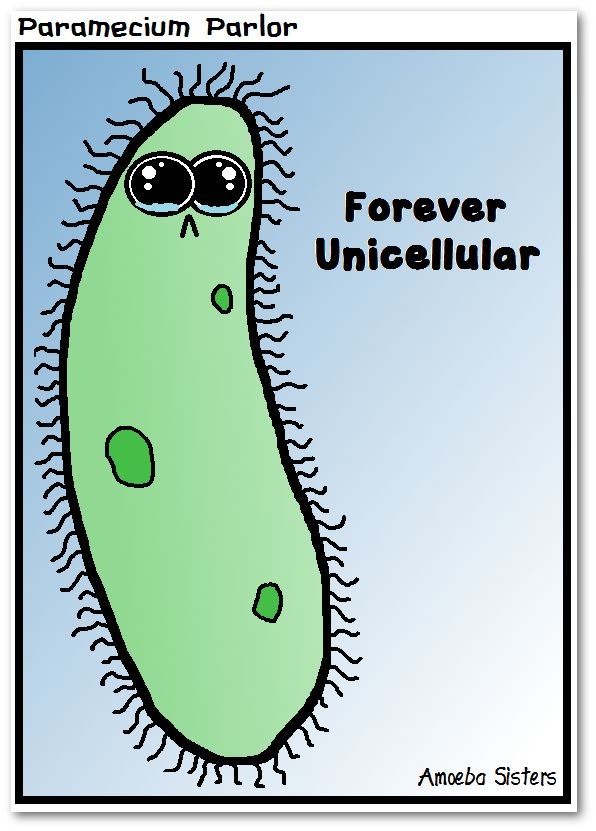 Unicellular Science with The Amoeba Sisters From amoebasisters.com
Unicellular Science with The Amoeba Sisters From amoebasisters.com
Organs and limbs too develop their own lower spirits. The definition of growth for multicellular organisms involves only cellular growth and not reproductive growth. There is little change in their features. Multicellular organisms arise in various ways, for example by cell division or by aggregation of many single cells. There are several kinds of unicellular organisms such as bacteria, protozoa, algae, fungi, etc. Both methods result in an increase in the organism’s size.
Do unicellular organisms grow and develop?
Unicellular organisms like bacteria or amoeba divide by fission to produce new individuals. These single cells are known as unicellular organisms. The definition of growth for multicellular organisms involves only cellular growth and not reproductive growth. The 3 main reasons that cells divide are: That is pretty much all the developing a unicellular organism will do. These cannot be seen by naked eyes and are hence called microorganisms.
 Source: pinterest.com
Source: pinterest.com
Unicellular organisms may stay as one cell but they grow too.read more → Multicellular organisms arise in various ways, for example by cell division or by aggregation of many single cells. In unicellular organisms growth is a stage in the process of their reproduction. 2)cells are known as the basic structural and the functional unit of life of both unicellular and multicellular organisms. Unicellular organisms can grow in two ways:
 Source: taylorsciencegeeks.weebly.com
Source: taylorsciencegeeks.weebly.com
Unicellular organisms like bacteria or amoeba divide by fission to produce new individuals. Amoebas, bacteria, and plankton are just some types of unicellular organisms. How do unicellular organisms grow and develop? Do multicellular organisms grow and develop? In such processes parent body undergoes division to form two or more individuals i.e.
 Source: sciencing.com
Source: sciencing.com
There is little change in their features. Unicellular organisms can grow in two ways: All living things grow during their lifetime, whether it is an increase in size or a change in shape. Multicellular organisms typically undergo a process known as development. There is little change in their features.
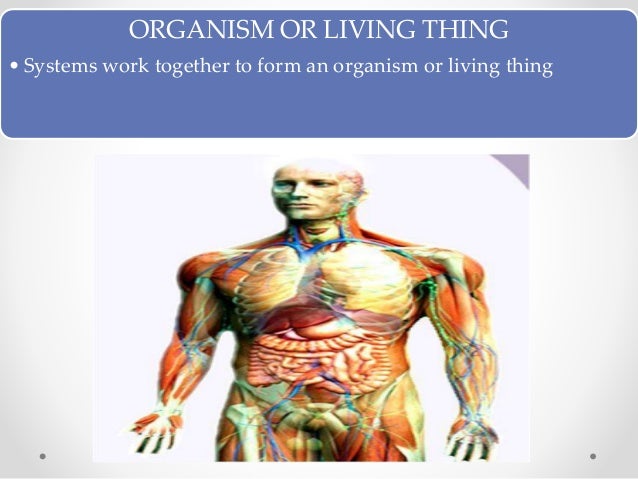 Source: slideshare.net
Source: slideshare.net
We can also take the. Unicellular organisms can�t do that. There are several kinds of unicellular organisms such as bacteria, protozoa, algae, fungi, etc. Do you unicellular organisms grow? Do unicellular organisms grow do they develop.
 Source: whatmaster.com
Source: whatmaster.com
Somatic cells divide regularly all human cells (except for the cells that produce eggs and sperm) are somatic cells. That is pretty much all the developing a unicellular organism will do. Do multicellular organisms grow and develop? It is possible to kill a tissue without killing all the cells. Unicellular organisms may stay as one cell but they grow too.read more →
 Source: mpg.de
Source: mpg.de
Do multicellular organisms grow and develop? Prokaryotes are unicellular organisms that do not develop or differentiate into multicellular forms. Multicellular organisms typically undergo a process known as development. All living things grow and get larger during their lives. Unicellular organisms can grow in two ways:
 Source: bio.utexas.edu
Source: bio.utexas.edu
Unicellular organisms can�t do that. These single cells are known as unicellular organisms. Colonial organisms are the result of many identical individuals joining together to form a colony. How do unicellular organisms grow and develop? How do unicellular organisms grow and develop?
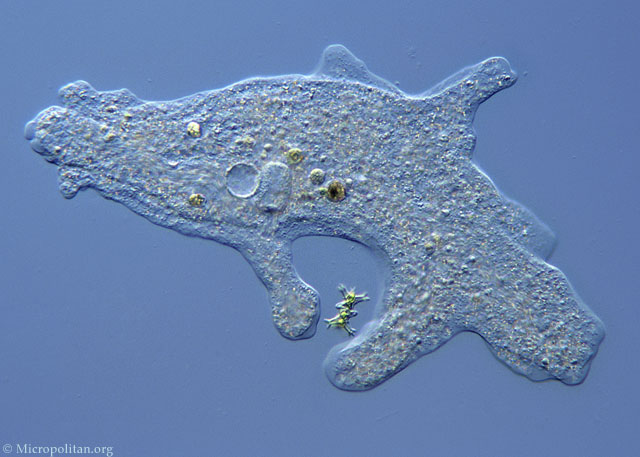 Source: sexinthewildbiology.weebly.com
Source: sexinthewildbiology.weebly.com
How do unicellular organisms grow and develop? The nervous tissues, the nervous organs, the components of the brain, the brains and the communities of brains develop spirits of life at all levels, in all components. These cannot be seen by naked eyes and are hence called microorganisms. There are several kinds of unicellular organisms such as bacteria, protozoa, algae, fungi, etc. Unicellular organisms usually just increase in size throughout their lives.
Source: quora.com
A unicellular organism is an organism that consists of a single cell. Organs and limbs too develop their own lower spirits. Do unicellular organisms grow do they develop. There is little change in their features. All living things grow during their lifetime, whether it is an increase in size or a change in shape.
 Source: universe-review.ca
Source: universe-review.ca
Do unicellular organisms grow do they develop. In biology, the respective means of growth within an organism varies from organism to organism. The definition of growth for multicellular organisms involves only cellular growth and not reproductive growth. In unicellular organisms growth is a stage in the process of their reproduction. A unicellular organism is an organism that consists of a single cell.
 Source: amoebasisters.com
Source: amoebasisters.com
In unicellular organisms growth is a stage in the process of their reproduction. Where do multicellular organisms grow? A unicellular organism is an organism that consists of a single cell. The definition of growth for multicellular organisms involves only cellular growth and not reproductive growth. In biology, the respective means of growth within an organism varies from organism to organism.
 Source: phys.org
Source: phys.org
Unicellular organisms can grow in two ways: These cannot be seen by naked eyes and are hence called microorganisms. Where do multicellular organisms grow? Do unicellular organisms grow and develop? Do unicellular organisms grow do they develop.

Unicellular organisms develop, but only their one cell, and getting bigger. In unicellular organisms growth is a stage in the process of their reproduction. Organs and limbs too develop their own lower spirits. 2)cells are known as the basic structural and the functional unit of life of both unicellular and multicellular organisms. Multicellular organisms undergo a process known as development, which requires changes in their cells.
 Source: bio.utexas.edu
Source: bio.utexas.edu
Where do multicellular organisms grow? 2)cells are known as the basic structural and the functional unit of life of both unicellular and multicellular organisms. Unicellular organisms usually just increase in size throughout their lives. Unicellular organisms develop, but only their one cell, and getting bigger. All living things grow and get larger during their lives.

Somatic cells divide regularly all human cells (except for the cells that produce eggs and sperm) are somatic cells. Multicellular organisms undergo a process known as development, which requires changes in their cells. Do unicellular organisms grow do they develop. All living things grow during their lifetime, whether it is an increase in size or a change in shape. Do multicellular organisms grow and develop?

It is possible to kill a tissue without killing all the cells. All the life processes in a unicellular organism, including digestion, excretion, respiration, occur within a single cell. Do you unicellular organisms grow? They are typically microscopic and cannot be seen with the naked eye. The definition of growth for multicellular organisms involves only cellular growth and not reproductive growth.
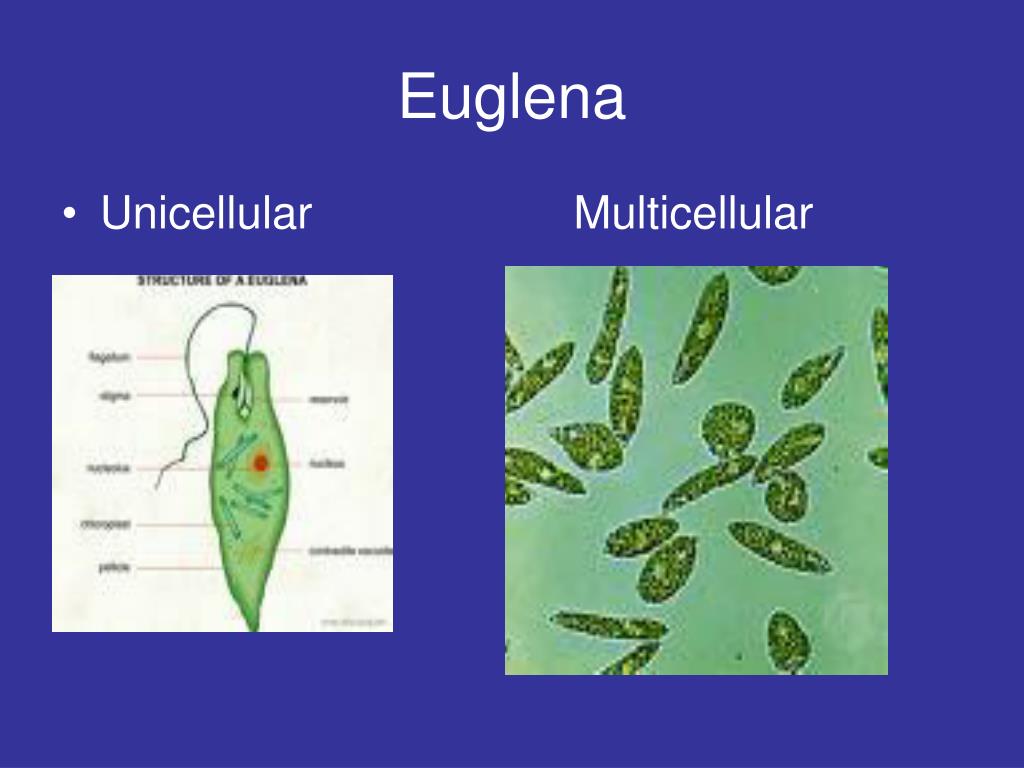 Source: slideserve.com
Source: slideserve.com
Unicellular organisms develop, but only their one cell, and getting bigger. It is possible to kill a tissue without killing all the cells. All living things grow and get larger during their lives. There is little change in their features. Unicellular organisms can�t do that.
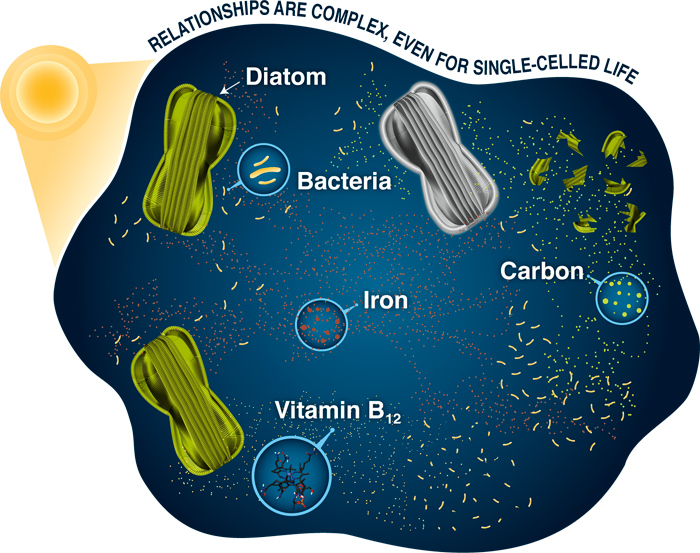 Source: whoi.edu
Source: whoi.edu
The definition of growth for multicellular organisms involves only cellular growth and not reproductive growth. Unicellular organisms develop, but only their one cell, and getting bigger. Number of cells increases.may 12 2020. Colonial organisms are the result of many identical individuals joining together to form a colony. Unicellular organisms can grow in two ways:
If you find this site value, please support us by sharing this posts to your preference social media accounts like Facebook, Instagram and so on or you can also save this blog page with the title do unicellular organisms develop by using Ctrl + D for devices a laptop with a Windows operating system or Command + D for laptops with an Apple operating system. If you use a smartphone, you can also use the drawer menu of the browser you are using. Whether it’s a Windows, Mac, iOS or Android operating system, you will still be able to bookmark this website.


